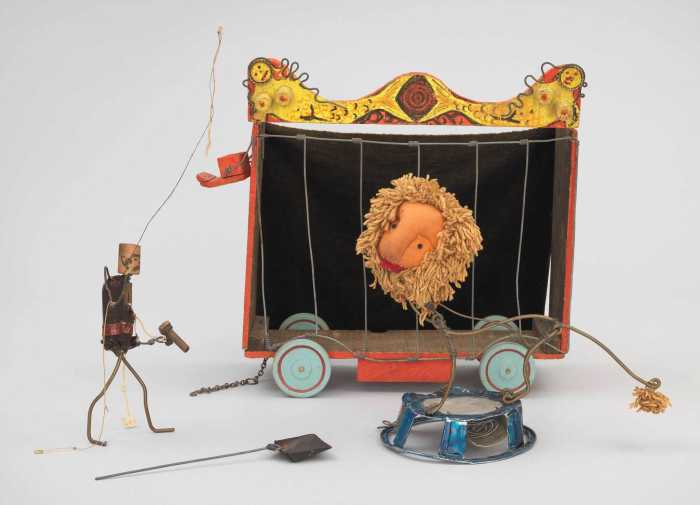If you go: “To Kill a Mockingbird” plays an open run at the Shubert Theatre, 225 W. 44th St., tokillamockingbirdbroadway.com.
Had things turned out differently, one of the best plays in town might have debuted at a downtown courthouse instead of Broadway.
Soon after it was announced that a new stage adaptation of Harper Lee’s seminal 1960 Southern Gothic novel “To Kill a Mockingbird,” penned by Aaron Sorkin (“The West Wing,” “The Newsroom”), was heading straight to Broadway, Lee’s estate sued the production, arguing that Sorkin’s adaptation was not true to the spirit of the book and its characters.
After some additional legal drama (including a transfer of venue from Alabama to New York and an offer to present the play live in court), the parties settled, and the high profile production (which has direction by Bartlett Sher and stars Jeff Daniels as attorney Atticus Finch) has come to Broadway, where it is already proving to be a box office hit.
As the prior proceedings suggest, this is not a straightforward adaptation of the novel (which has sold 40 million copies and continues to be assigned to high school students), and it is also unlike the 1962 film adaptation (which is best remembered for Gregory Peck’s crisp, Oscar-winning performance as Finch).
Although the plot (about the coming of age of a young girl in 1930s rural Alabama as she is exposed to a particularly cruel case of racial injustice) remains relatively intact, Sorkin has adapted the book with an eye toward dramatic structure, character development and contemporary cultural relevance.
Scout (Celia Keenan-Bolger, observant and urgent), along with her brother Jem (Will Pullen, full of anxious energy) and friend Dill (Gideon Glick, quirky and sensitive), are played by young adults, who jointly narrate while exploring what happened in their past. The play also opens with the trial of Tom Robinson (Gbenga Akinnagbe, earnest) and then shifts back and forth between the trial and other episodes in the book.
Perhaps more crucially, Sorkin has opened up the book’s most prominent black characters, Tom Robinson and longtime family maid Calpurnia (LaTanya Richardson Jackson), allowing them to more fully express themselves, and Sorkin presents Atticus (played with furor and sadness by Daniels) as a central protagonist and a more complicated figure, whose views (including his famous advice “to climb into someone’s skin and walk around in it” before rushing to judgment) are challenged and changed.
Some of Sorkin’s choices (including having Atticus get into a physical altercation) are questionable, and Miriam Buether’s scenic design (which stresses the poverty-stricken complexion of the town) is also curiously suggestive of an abandoned industrial factory, which may be an attempt to connect the play with contemporary rural America, but is too distracting to be effective.
In any event, “To Kill a Mockingbird” (which also sports a period score penned by Tony winner Adam Guettel and played live on organ and guitar) proves to be an engrossing, provocative and uniformly well-acted adaptation — and a fitting addition to a shifting Broadway landscape where an increasing number of plays (including “Harry Potter and the Cursed Child,” “The Ferryman” and “Network”) are gaining the muscularity to stand alongside musicals in prestige and box office power.







































